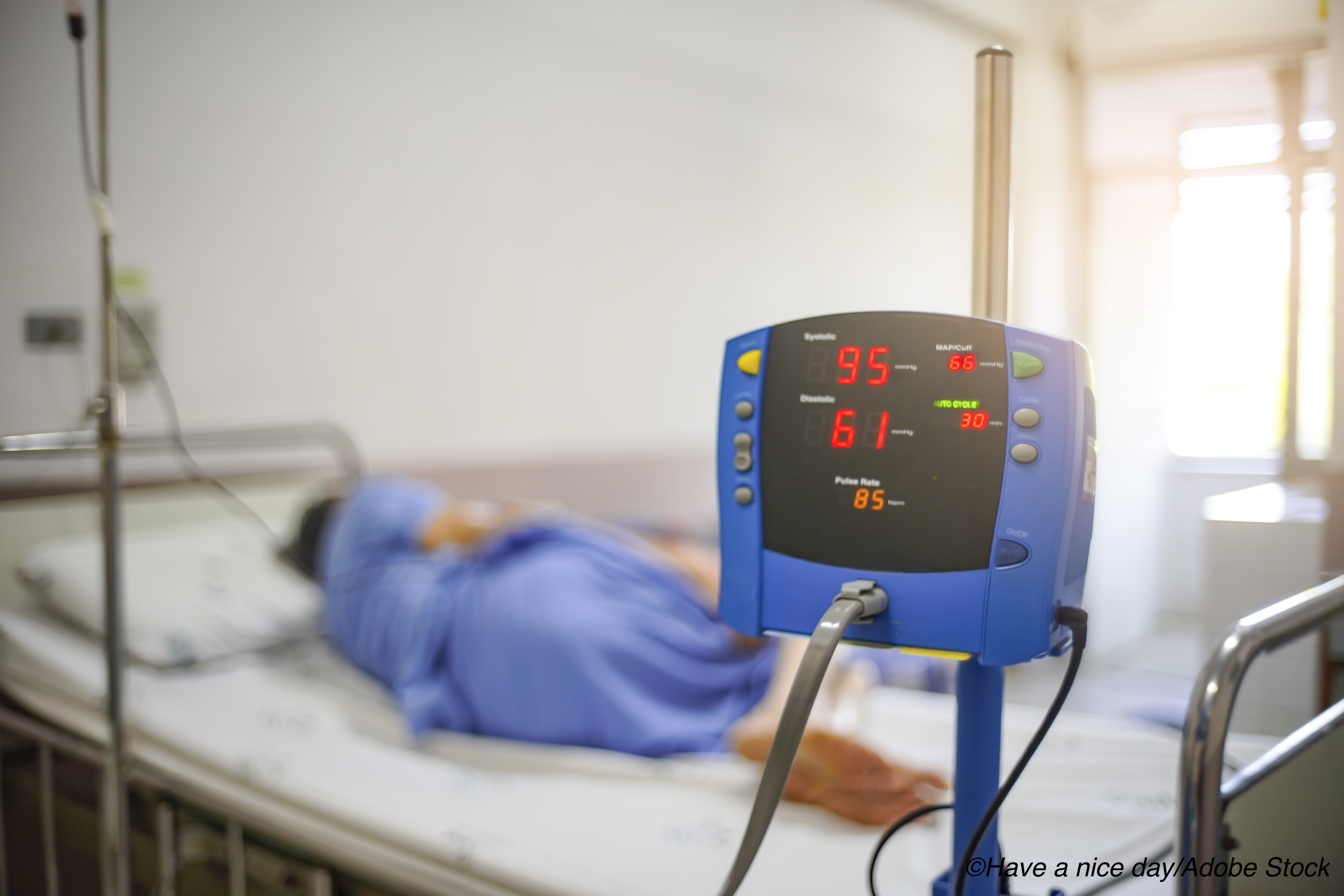Delayed treatment for cancer patients has become an unfortunate side effect of the Covid-19 pandemic. Are there patients for whom delaying cancer treatment is acceptable? In recent months, clinicians have been wrestling with such decisions all too frequently.
But—believe it or not—there’s an app that may help.
Developed by researchers from the University of Michigan, Ann Arbor, Michigan, OncCOVID is a free, web-based survival modeling app that can help clinicians make optimal decisions about cancer care based on individual patient characteristics and risks of developing Covid-19. Researchers have conducted a study to assess the validity of the app and published their results in JAMA Oncology.
According to senior author Daniel E. Spratt, MD, of the University of Michigan, and fellow researchers, the Covid-19 pandemic has had a profound impact on cancer care.
“The pandemic has overwhelmed many health care systems, and rapid policy changes have been implemented to conserve resources. Cancer surgeries with curative intent during the peak of the pandemic were often deemed elective and were reduced or canceled altogether at various institutions. Systemic therapies and radiotherapies have also been variably reduced to encourage physical distancing and allow for staff redeployment. For certain cancers, a delay in the initiation of treatment may be safe; however, for most cancers, the data suggest that treatment delay is associated with worse overall survival (OS),” they wrote.
“Further complicating matters, patients with cancer appear to be especially vulnerable to Covid-19,” they added.
In response to these circumstances, U-Mich researchers developed an app to help clinicians identify patients whose risk from Covid is outweighed by the benefits of immediate cancer treatment, and those in whom delayed treatment may have detrimental effects on survival as well.
The app draws from large, national cancer datasets such as the National Cancer Institute’s Surveillance, Epidemiology, and End Results (SEER) registry and the National Cancer Database, as well as Covid infection data on a county level from Johns Hopkins University, to help determine the effects of delaying cancer treatment on individual patients.
In their study, Spratt and colleagues assessed the efficacy of the OncCOVID app. With this app, they were able to select up to 47 individualized variables with which to assess net survival for individual patients with cancer.
Patient age, number of comorbidities, treatment received, and specific local community estimates of Covid-19 risks were all associated with individualized overall survival estimates. Upon analyzing 25 cancer types, they also found significant variability in both cancer-specific and overall mortality, with 5-year cancer-specific mortality ranging from less than 1% to over 80% based on cancer type and stage.
The effects of delayed cancer treatment varied across cancer types and disease stage. To illustrate this, the authors cited prostate cancer patients, who suffered minimal impact from delayed treatments. In patients with stage II prostate cancer, for example, treatment delays of up to 6 months were not associated with bad outcomes (HR: 1.00 per month of delay).
On the other hand, in patients with pancreatic cancer, treatment delays were associated with increases in cancer-specific mortality that were greater than any decrease in Covid-19-specific mortality gained by the delay. And in patients with stage I, stage II, and stage III head and neck cancers, treatment delays of up to 6 months had a negative impact on survival (HR: 1.061-1.161 per month of delay).
Case fatality rates from Covid-19 also varied greatly based on age and number of comorbidities, ranging from 0.4% in a patient aged 40-50 years with no comorbidities to 39.3% for a patient greater than 80 years with two or more comorbid conditions.
Study limitations include that modeling was based on available data and estimates and the lack of data, testing, and tracking of Covid-19 patients. In addition, treatment regimens were used as a single, age-dependent variable, and researchers did not incorporate the impact of comorbidities for cancer-specific survival and other-cause mortalities. Finally, the long-term health and policy consequences of Covid-19 are still unknown.
In an accompanying editorial, Elizabeth Garrett-Mayer, PhD, of Center for Research and Analytics, American Society of Clinical Oncology, Alexandria, Virginia, and Brian I. Rini, MD, of the Vanderbilt-Ingram Cancer Center, Nashville, Tennessee, were enthusiastic about these results.
“The model is based on the use of epidemiologic data regarding treatment delays and outcomes from patients with cancer to estimate the risk of delayed treatment for a specific patient based on individual risk profile. The model has been developed into a useful application with a simple and intuitive interface. The web-based interface provides an accessible platform that can be used on a smartphone,” they noted.
They also cautioned that although the OncCOVID app offers clinicians a more personalized approach to cancer patient care, it should continue to be updated.
“The authors are to be congratulated for developing a more personalized approach to decision making that is based on data rather than consensus opinion. Estimates from the OncCOVID model should, however, be used with some degree of caution, and the model’s risk parameters should be updated as new information emerges to reduce uncertainty and increase the accuracy of the model’s estimates,” they concluded.
- OncCOVID is a free, web-based survival modeling app that can help clinicians make optimal treatment decisions in individual cancer patients.
- The OncCOVID app helps estimate the net impact of delaying cancer treatment based on individualized patient data and risk of Covid-19 infection during the current pandemic.
E.C. Meszaros, Contributing Writer, BreakingMED™
This study was supported by the National Cancer Institute, the National Institutes of Health, and the National Science Foundation.
Spratt has received grants from Janssen Pharmaceuticals, and personal fees from AstraZeneca, Blue Earth Diagnostics, and Janssen Pharmaceuticals outside the submitted work.
Garrett-Mayer reported no disclosures.
Rini has received grants and personal fees from AVEO Pharmaceuticals, Bristol Myers Squibb, Genentech, Merck, and Pfizer and personal fees from Alkermes, Aravive, AstraZeneca, and GlaxoSmithKline outside the submitted work.
Cat ID: 118
Topic ID: 78,118,118,935,190,926,192,927,925,934



